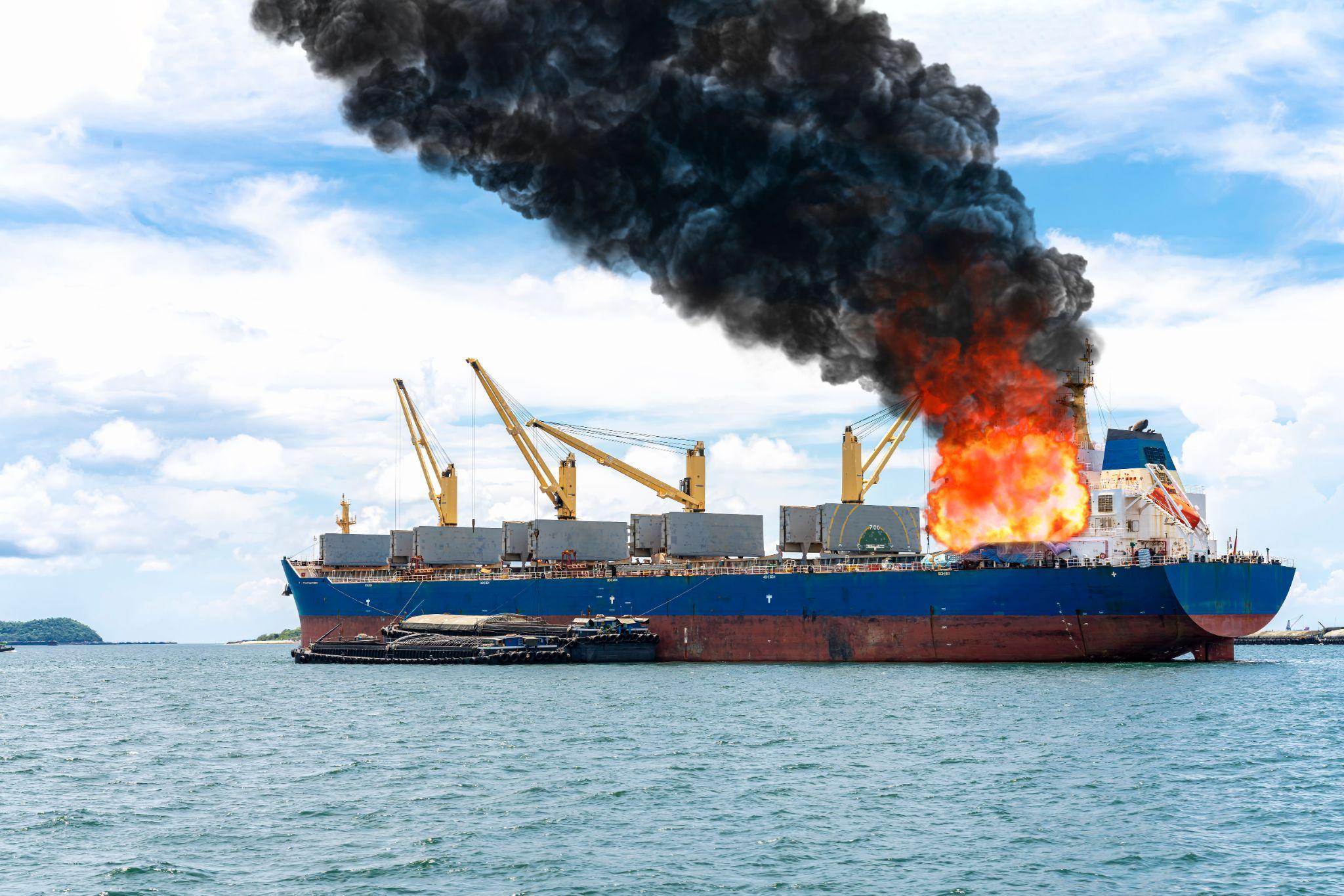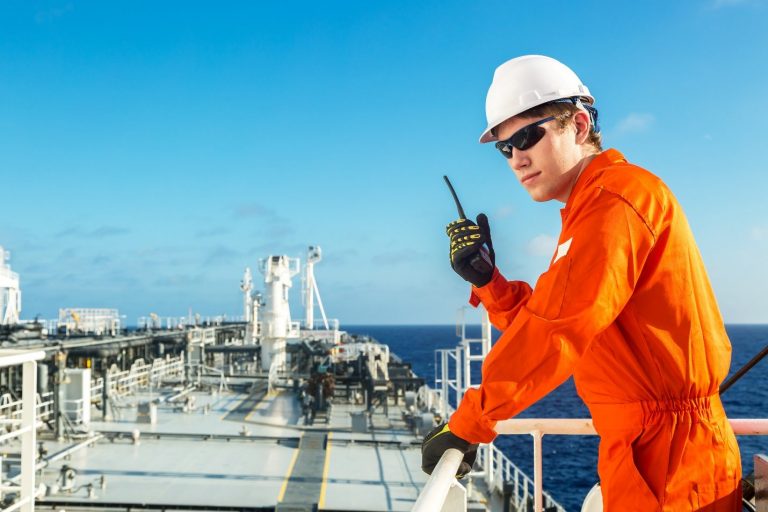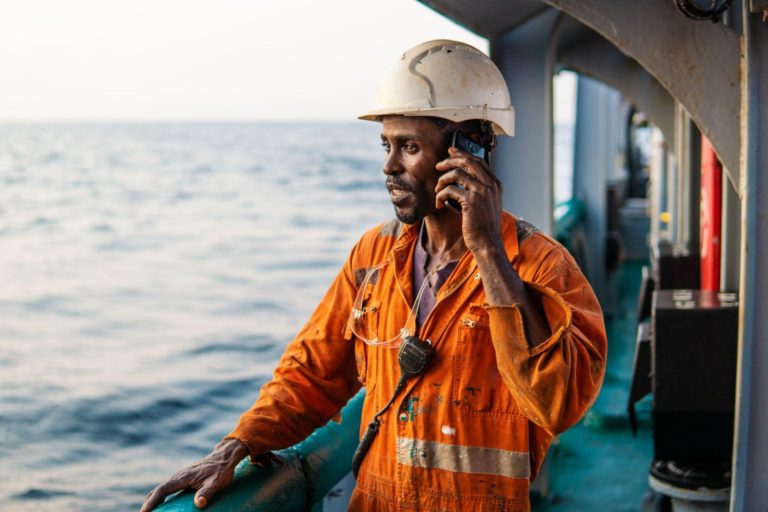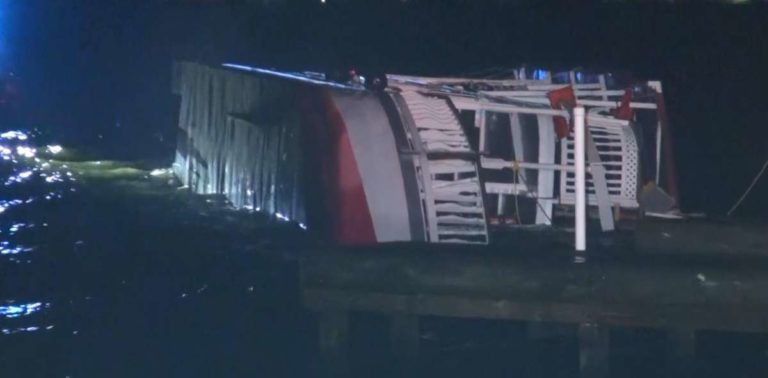Shipboard fires are one of the most dangerous and potentially catastrophic incidents at sea. Ship fires prevent unique challenges for crews because of limited resources, confined spaces, and the complexities of maritime environments. If you or a loved one has been injured in a fire aboard a ship, you may have certain legal rights to seek damages for your injuries.
How Do Fires Onboard Start?
Fires onboard ships can start due to various reasons, including:
- Electrical issues: Malfunctioning electrical equipment, overloaded circuits, or damaged wiring can start fires.
- Mechanical failures: Engine room machinery, fuel systems, and other mechanical components can overheat or combust due to wear and tear or lack of maintenance.
- Cooking accidents: Galley fires are frequent due to the use of open flames, hot surfaces, and flammable cooking oils.
- Smoking: Improperly discarded cigarette butts or lit smoking materials in restricted areas can easily ignite combustible materials.
- Chemical reactions: Onboard chemicals, fuels, cleaning agents, and cargo may react unexpectedly under certain conditions, leading to fires in the ship.
- Human error: Accidental negligence, carelessness, or improper handling of flammable materials can also lead to fires onboard.
Why Are Ship Vessel Fires So Dangerous?
Ship vessel fires are particularly dangerous for several reasons. For starters, ships have limited space, which can restrict crew movement during a fire, making evacuation and firefighting efforts challenging.
Ships are often far from land or emergency services, so the ship’s crews must rely on their own firefighting equipment and resources to combat the fire until help can arrive. In addition, ship ventilation systems can quickly spread smoke and toxic gases throughout the vessel, hindering visibility and causing respiratory issues for crew members.
A fire onboard a ship can compromise its structural integrity, leading to potential hull breaches, collapse of compartments, and sinking. Furthermore, ships carry large amounts of fuel, cargo, chemicals, and other flammable materials that can accelerate the spread of flames and create explosive conditions if ignited.
Most importantly, ships have limited access to water supply for firefighting purposes when at sea, even though they are surrounded by water. A fire that burns out of control can easily injure and kill crew members.
How Can Fires on Board Ships Be Prevented?
Fires on board ships can be prevented by implementing the following measures:
- Conduct routine inspections and maintenance of electrical systems, machinery, heating equipment, and other fire-prone areas to help identify potential hazards.
- Keep workspaces clean and free from clutter, dust, and debris to reduce the risk of ignition sources.
- Provide comprehensive training to crew members on fire prevention techniques, proper handling of hazardous materials, and emergency response protocols to help reduce the likelihood of fires onboard.
- Implement strict smoking policies in designated smoking areas only and enforce proper disposal of cigarette butts to prevent accidental fires.
- Install and maintain smoke detectors, heat sensors, fire alarms, and automatic sprinkler systems throughout the vessel to alert crew members in case of a fire.
- Conduct regular fire drills to ensure that all crew members are familiar with evacuation procedures, shipboard firefighting equipment locations, and muster points for assembly during emergencies.
When Are Ship Fires Considered Negligent?
Ship fires may be considered negligent under the following circumstances:
- Lack of maintenance
- Ignoring safety regulations
- Inadequate training
- Failure to follow fire prevention procedures
- Defective equipment
Shipboard Fire Examples
- SS Morro Castle (1934): A passenger liner caught fire off the coast of New Jersey, resulting in the deaths of 137 passengers and crew members.
- MV Achille Lauro (1988): The cruise ship suffered a fire while operating in the Indian Ocean, leading to multiple fatalities and extensive damage to the vessel.
- MS Nordlys (2011): A fire broke out on this Norwegian cruise ship while docked in port, forcing passengers and crew to evacuate as emergency responders worked to contain the blaze.
- Grandeur of the Seas (2013): The Royal Caribbean cruise ship experienced a major onboard fire while sailing in the Bahamas. Fortunately, there were no reported injuries, as everyone safely evacuated the ship.
Ship Fires and Maritime Laws
The Jones Act requires vessel owners and operators to maintain safe working conditions onboard ships to prevent accidents and fires. If a fire occurs due to negligence or failure to comply with safety regulations under the Jones Act, the responsible parties may be liable for damages resulting from injury or loss of life caused by the fire.
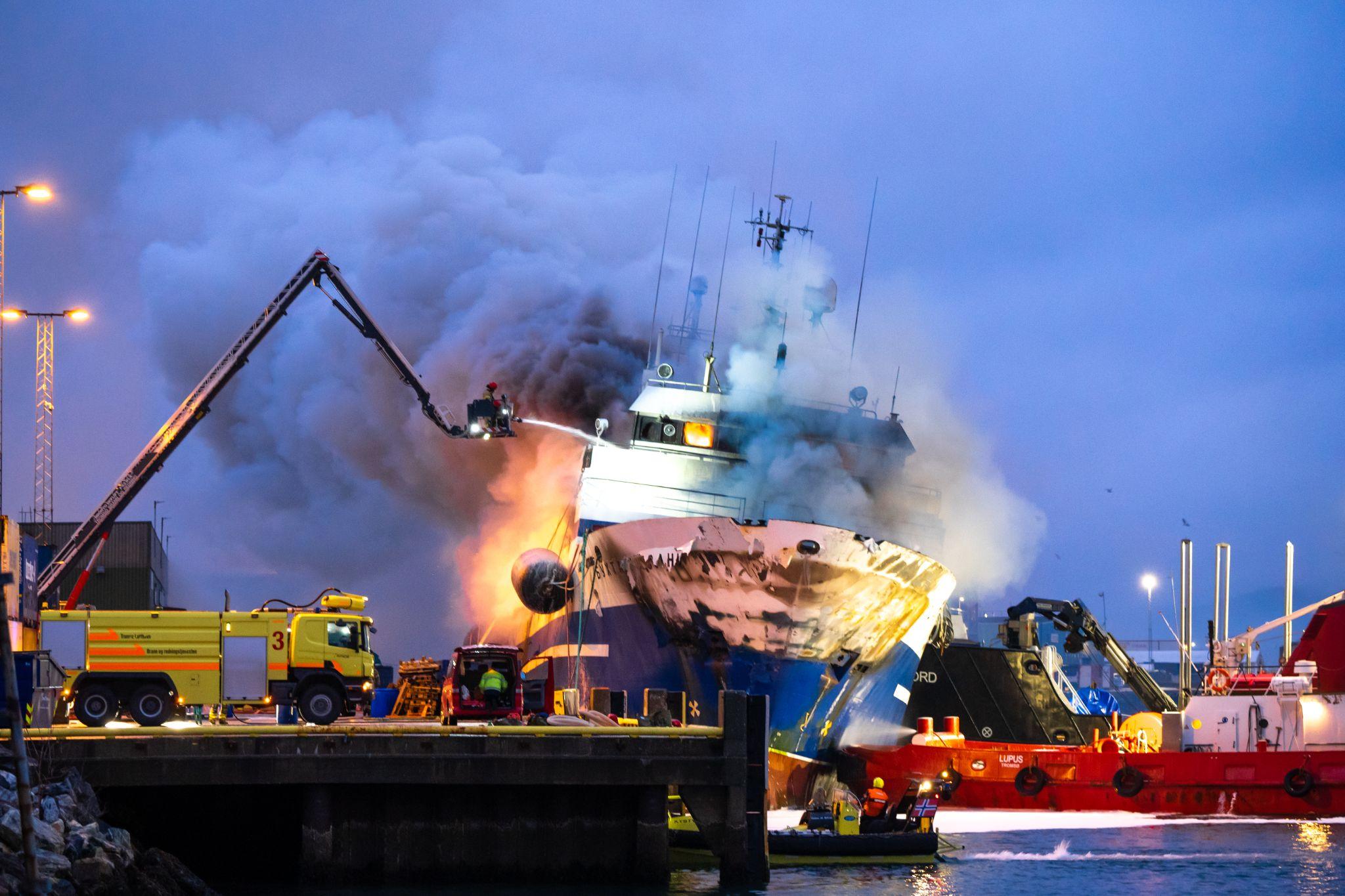
Additionally, under the Jones Act, owners are required to ensure that ships are equipped with firefighting equipment and that crew members receive training on fire prevention and emergency response procedures.
Get a Free Consultation Today from Maintenance and Cure
When injured by a fire on a commercial vessel, it is crucial to find out your legal rights and options. Contact Maintenance and Cure for a free consultation with our experienced maritime lawyers today. We ensure you get the compensation you deserve.

